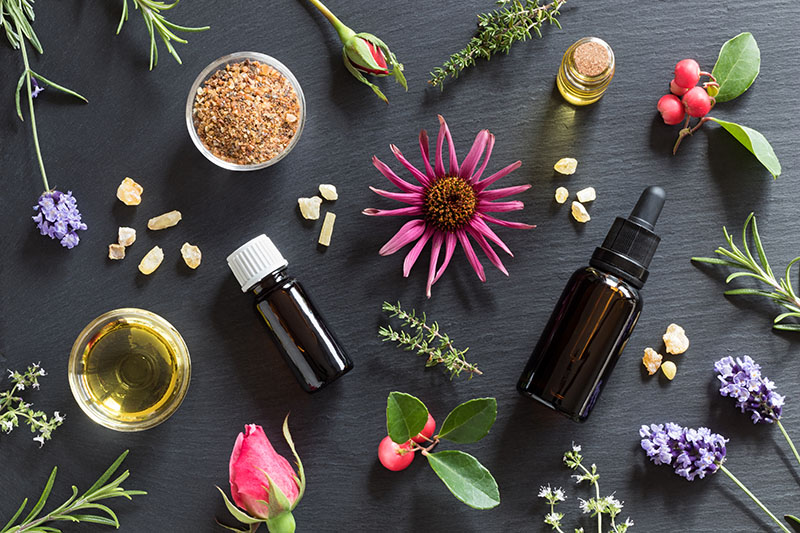
Over the past few decades, consumers have become more aware of what they are putting in and on their bodies. Many people believe that they need to avoid ingredients they cannot pronounce. And since our skin is our largest organ, it makes sense to many to turn to natural skincare products.
What does “natural” beauty mean?
There is no regulatory meaning of the word “natural” in terms of the FDA. The USDA regulates the term “organic” and means the products do not have synthetic pesticides, fertilizers, and other non-organic substances. The truth is these natural and organic products are not necessarily safer and can still cause allergic reactions and skin irritation.
Many of these organic products are not as effective as they claim to be, like anti-aging, brightening, toning, and acne treatment. “Natural” is a popularly used and unregulated by the FDA and brands that tout themselves as such are appealing to a lot of people. The issue is that they tend to trust the brand rather than researching every ingredient listed on the label and the ethics and environmental impact of the brand’s manufacturing processes.
The Good and The Bad of Natural Ingredients
Various natural, organic ingredients used in skincare products cause significant skin sensitivities. Some of them can also be rough and abrasive on the skin, with many experiencing sensitivities built up over time. Skin-irritating ingredients of any kind (whether natural or synthetic) can cause all aspects of skin to breakdown. Over time, it disrupts the skin’s ability to renew and revive its natural shape.
This disruption significantly diminishes its ability to defend itself from environmental damage. One culprit is fragrance ingredients, which commonly cause aggravation of the skin. They are under the misleading essential oils category, but all fragrances, whether synthetic or natural, can cause skin. Many of these natural products are comparable to putting an eau de cologne inside a moisturizer, lotion, serum, or toner.
While a lot of “natural” ingredients are not suitable for your skin, there are will a lot of them that are great for the skin. Ingredients like green tea, seaweed, oats, plant oils (jojoba, argan, tamanu), aloe vera, and soy are great ingredients for the skin. Since there is not a ton of scientific evidence available about natural products, a lot of misinformation about them gets spread across the internet. Before believing all you read online, it’s always good to consult your dermatologist.
Greenwashing
Greenwashing refers to a marketing strategy that preys on people’s fear and belief in natural, and supposedly healthier and safer products. But, as stated before, the FDA does not have any actual rules when it comes to deciding what is organic or natural. The term natural indicates that the ingredients in the product are coming from a natural source. When it comes to natural ingredients, they need to be processed to be safe to use cosmetically.
Synthetic ingredients are lab-made to mimic the natural ingredients. And when it comes down to it, both types of ingredients fit into the category of “chemicals.” When it comes to the term organic, it is related to an agricultural standard, which means the specific ingredient obtained for a product was grown with certain criteria and regulations. It does not affect the quality of the cosmetic itself. When making a health claim, even those for the skin, a company’s product is categorized as a drug and regulated more strictly.
